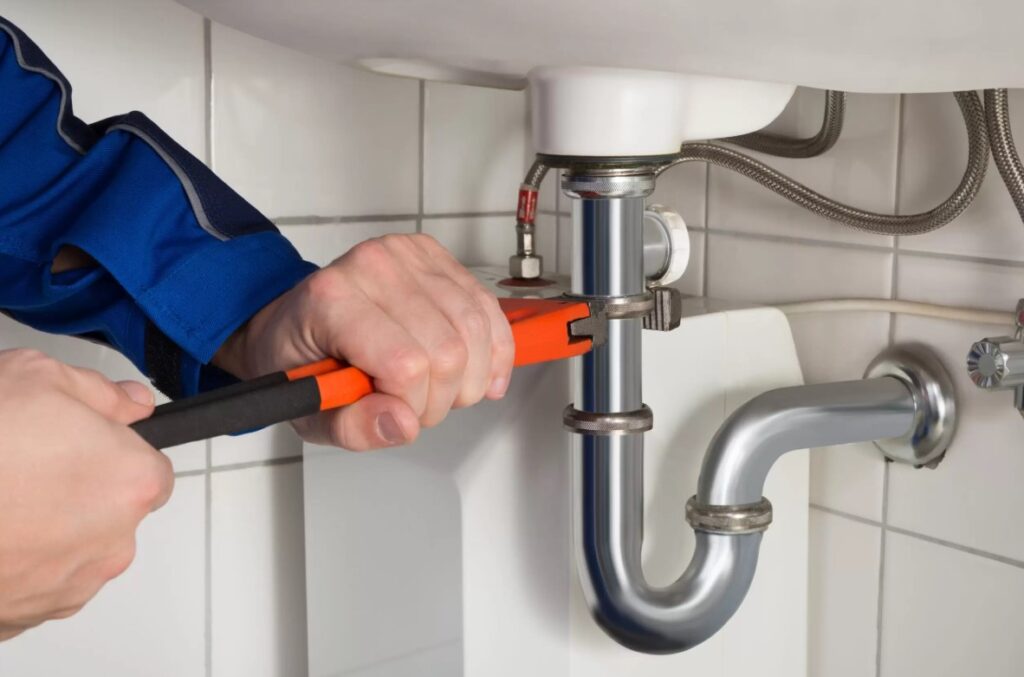Sustainable living starts with the small, impactful changes we make in our homes. One such significant change is adopting eco-friendly plumbing solutions to conserve water, reduce energy usage, and minimize environmental impact. Modern advancements in plumbing technology now offer innovative and efficient ways to maintain a greener household without sacrificing comfort. Whether renovating your home or building a new one, integrating environmentally friendly plumbing systems can have lasting benefits for both the planet and your wallet.
The Importance of Eco-Friendly Plumbing
Water is one of the Earth’s most precious resources, yet it is often taken for granted. Standard plumbing systems can contribute to substantial water wastage, unnecessary energy consumption, and higher utility bills. Eco-friendly plumbing solutions aim to address these issues by incorporating sustainable practices and materials into system designs. These improvements not only help protect the environment but also promote a conscious lifestyle that prioritizes resource conservation.
Overview of Eco-Friendly Plumbing Solutions
1. Low-Flow Fixtures
Low-flow fixtures, such as faucets, showerheads, and toilets, play a significant role in reducing water consumption. These fixtures are designed to limit the volume of water used without affecting functionality or comfort. For instance, low-flow showerheads cut water flow rates while maintaining acceptable water pressure, providing an efficient and economical option for eco-conscious households.
2. Tankless Water Heaters
Traditional water heaters store a large reservoir of hot water, continuously using energy to keep it warm. Tankless water heaters, on the other hand, heat water on demand, offering energy savings and reducing standby energy loss. By choosing this Plumbing Solution, homeowners can enjoy hot water whenever needed while lowering their energy bills and overall carbon footprint.
3. Greywater Recycling Systems
Greywater recycling is an innovative Plumbing Solution gaining momentum in environmentally forward households. Greywater refers to wastewater from sinks, showers, and washing machines, which can be treated and reused for non-potable purposes like irrigation or toilet flushing. Installing a greywater system not only reduces demand for freshwater but also sustainably curbs wastewater production.
4. Smart Leak Detectors
Leaks are one of the most common contributors to water wastage in homes. Smart leak detectors are a modern plumbing solution that monitors water usage and detects leaks in real-time. These devices alert homeowners of any abnormalities or leaks, allowing for quick action and preventing unnecessary waste. They also provide data on water usage patterns, empowering users to make informed decisions about water conservation.
5. Sustainable Materials in Plumbing
Many traditional pipes and fixtures are made of materials that require considerable energy to produce and can lead to environmental degradation. Choosing Plumbing Solutions that incorporate eco-friendly materials, such as recycled metal or non-toxic plastics, can significantly lower the environmental impact of your plumbing systems. These sustainable materials are often long-lasting, reducing the need for frequent replacements.
Benefits of Eco-Friendly Plumbing Solutions
Reduced Utility Bills
Switching to eco-friendly plumbing systems often results in lower water and energy bills. Low-flow fixtures, tankless water heaters, and water recycling systems help decrease consumption while maintaining efficiency, ensuring homeowners save money in the long run.
Environmental Conservation
Eco-friendly plumbing solutions directly contribute to conserving natural resources. Reduced water waste, efficient energy usage, and the integration of sustainable materials help lower the environmental impact of residential and commercial properties, supporting broader efforts to combat pollution and climate change.
Improved Home Value
Homes equipped with environmentally friendly plumbing systems are more attractive to eco-conscious buyers. These improvements add to your property’s value by signaling a commitment to sustainability and reduced operational costs over time.
How to Implement Eco-Friendly Plumbing Solutions
Conduct a Home Audit
Begin your sustainability journey by auditing your current plumbing systems to identify areas for improvement. Inspect efficiency levels, water usage patterns, and any existing leaks or inefficiencies in your home.
Work with Professionals
Hiring a licensed plumber with experience in sustainable plumbing can ensure the successful installation of eco-friendly systems. These professionals can suggest suitable Plumbing Solutions tailored to your home and unique requirements.
Prioritize Upgrades by Impact
If you cannot make all changes at once, prioritize upgrades based on impact. Replacing old toilets with low-flow models or installing leak detectors can significantly reduce water use with minimal upfront investment.
Take Advantage of Rebates
Many governments and local utilities offer rebates or incentives for installing eco-friendly plumbing systems. Research what is available in your area to minimize costs while enhancing your home’s efficiency.
Challenges in Adopting Eco-Friendly Plumbing Systems
While the benefits of eco-friendly Plumbing Solutions are undeniable, there are certain challenges homeowners may face. Initial installation costs can be higher than traditional systems, requiring financial planning. Additionally, finding skilled plumbers with expertise in sustainable systems may sometimes prove challenging, particularly in less urbanized areas.
However, these challenges are diminishable when weighed against the long-term savings and environmental benefits of adopting green plumbing practices.
The Future of Eco-Friendly Plumbing Solutions
The plumbing industry is continuously innovating to make eco-friendly systems more affordable and accessible to homeowners across the globe. From hydro-powered water meters to advanced recycling technologies, the future of Plumbing Solutions promises groundbreaking advancements that emphasize environmental consciousness and efficiency.
Consumers can expect more streamlined integration between plumbing systems and smart home technology, further optimizing water and energy use. The future of plumbing is green, and it’s heading toward comprehensive solutions that balance comfort, sustainability, and affordability.
Final Thoughts
Adopting eco-friendly Plumbing Solutions is a meaningful step toward creating a sustainable environment. By integrating low-flow fixtures, tankless water heaters, greywater systems, and other green options, homeowners can significantly reduce their environmental footprint and save money. Though challenges may arise in the adoption process, the long-term benefits of healthier ecosystems and resource conservation cannot be ignored. Building a more sustainable future starts with the decisions we make today—so take action and transform your home with eco-friendly plumbing practices!

